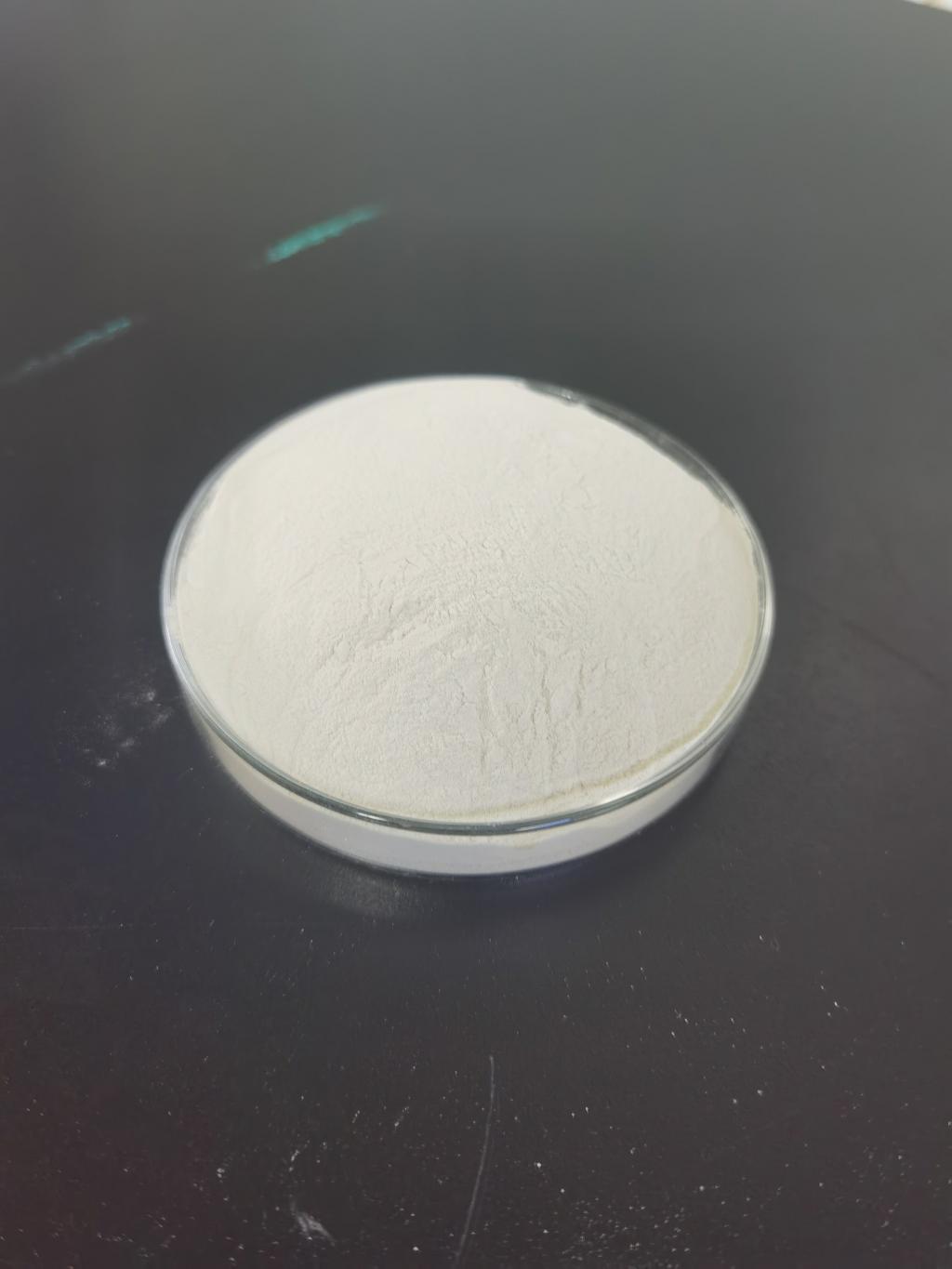Tel:+8618231198596

News
 CONTACT
CONTACT
 CONTACT
CONTACT
- Linkman:Linda Yao
- Tel: +8618231198596
- Email:linda.yao@dcpharma.cn
- Linkman:CHARLES.WANG
- Department:Overseas
- Tel: 0086 0311-85537378 0086 0311-85539701
News
Current Position:
Home >
News
>How does Nisin compare to other preservatives in terms of effectiveness and safety?
How does Nisin compare to other preservatives in terms of effectiveness and safety?
TIME:2023-03-15
Effectiveness
Nisin is known for its effectiveness in preventing the growth of a wide range of harmful bacteria, including Gram-positive bacteria such as Staphylococcus aureus, Listeria monocytogenes, and Clostridium botulinum. It works by binding to the cell membrane of these bacteria and disrupting their ability to produce proteins, ultimately leading to their death. This makes nisin particularly useful in preserving dairy products, canned foods, and other perishable foods that are prone to contamination by these bacteria.
Other common preservatives used in the food industry include sodium benzoate, potassium sorbate, and calcium propionate. These preservatives are also effective in preventing the growth of bacteria and other microorganisms in food, but they have different mechanisms of action. For example, sodium benzoate works by inhibiting the growth of yeasts and molds, while potassium sorbate is effective against fungi and some bacteria. Calcium propionate is commonly used in baked goods to prevent the growth of mold.
Overall, nisin is comparable in effectiveness to other preservatives in preventing the growth of harmful bacteria in food. However, its effectiveness is limited to certain types of bacteria, and it may not be as effective against Gram-negative bacteria or fungi.
Safety
One of the key advantages of nisin over other preservatives is its safety for human consumption. Nisin has been extensively studied for its safety and has been found to have no adverse effects on human health. It is also rapidly broken down in the body and is not stored in tissues, making it unlikely to accumulate in the body over time.
In contrast, some other preservatives have been linked to health concerns. For example, sodium benzoate has been shown to react with vitamin C in some soft drinks, forming benzene, a known carcinogen. Potassium sorbate has also been associated with allergic reactions in some people. Calcium propionate, while generally recognized as safe, has been linked to migraines in some individuals.
Regulatory Status
Nisin has been approved for use as a food preservative by many countries, including the United States, Canada, and the European Union. In the United States, nisin is listed as a Generally Recognized as Safe (GRAS) substance, meaning it is considered safe for use in food at levels that are consistent with good manufacturing practices.
Other preservatives, such as sodium benzoate, potassium sorbate, and calcium propionate, are also approved for use in food by regulatory agencies in many countries. However, the regulatory status of preservatives can vary depending on the country and the specific application. For example, some preservatives may be approved for use in certain types of food but not others, or may be subject to maximum usage levels.
Conclusion
Nisin is an effective and safe preservative that is widely used in the food industry. It is particularly useful in preventing the growth of Gram-positive bacteria in dairy products, canned foods, and other perishable foods. While other preservatives are also effective in preventing the growth of microorganisms in food, nisin has the advantage of being safe for human consumption and having no adverse effects on health. However, the effectiveness of nisin is limited to certain types of bacteria, and it may not be as effective against other types of microorganisms. Overall, nisin is comparable to other preservatives in terms of effectiveness, but its safety profile makes it an attractive option for food manufacturers and consumers alike.
Research has also been conducted on the use of nisin as a natural alternative to synthetic preservatives in the food industry. In one study, researchers found that nisin was as effective as synthetic preservatives in preventing the growth of bacteria in chicken sausages, and was preferred by consumers due to its natural origin and lack of chemical additives.
However, despite its safety and effectiveness, there are some potential concerns with the use of nisin in food. One concern is the possibility of developing antibiotic resistance due to the use of nisin in food. While nisin is not an antibiotic and does not directly contribute to antibiotic resistance, there is some concern that the use of nisin could lead to the development of resistant bacteria in the food chain. This is an area that requires further research and monitoring.
Another potential concern is the allergenicity of nisin. While nisin is generally considered safe for human consumption, there have been reports of allergic reactions to nisin in some individuals. These reactions are rare, but they highlight the importance of proper labeling and communication of allergenic ingredients in food products.
In conclusion, nisin is an effective and safe preservative that has been approved for use in many countries. Its natural origin and lack of chemical additives make it an attractive option for food manufacturers and consumers alike. While it is generally considered safe, there are some potential concerns that need to be monitored, such as the development of antibiotic resistance and the allergenicity of nisin. Overall, the use of nisin in food is a promising alternative to synthetic preservatives, but its benefits and limitations should be carefully considered in the context of each specific application.
- Tel:+8618231198596
- Whatsapp:18231198596
- Chat With Skype







